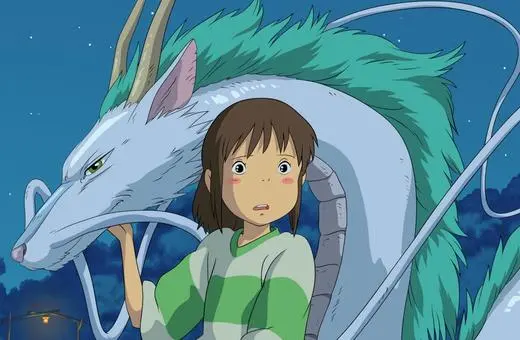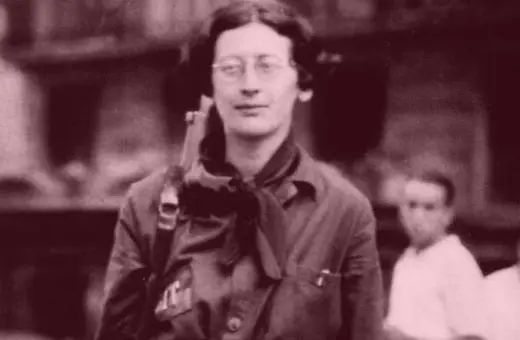Film director Mike Figgis, whose Leaving Las Vegas was nominated for two Oscars, has since worked at the cutting-edge of digital film on projects including Timecode and Suspension of Disbelief. Below, he talks about the close links between truth and imagination and why the search for truth is an impossible journey.
To what extent do you think that imagination is the route to truth about the human condition?
It would be hard to envisage any concept of truth without the concept of imagination. Truth is a rather ephemeral, personal and malleable commodity or concept, therefore the debate about truth requires a very fertile discussion about imagination. In a way they are synonymous with each other.
Do you think we imagine the truth or do we just imagine ways to the truth?
Well, how do you define truth?
That’s an interesting question. Many philosophers would argue that there isn’t one. Is that your position?
No, I don’t think that at all. I asked you what your position on truth was and you quoted someone else. What do you think truth is?
Personally, I don’t believe in any kind of external truth. I believe in truth as agreement between people, something reached through logic on aligned premises, but I don’t think there are externally truthful premises on which we can build.
I would say that the definition of truth at any given moment is the result of shifting forces, and that the use of imagination to engage with this constant shift can momentarily give you a glimpse at a truth or an indication of what a truth might be. You can’t arrive at a truth; we are obsessed with the idea of searching for truth, which gives meaning to our lives and all the rest of it.
Depending on what level, what degree of truth you are interested in at any given moment, that would be what we were looking for at that moment. Maybe it would be a catalyst for debate, or conversation; this idea of trying to define an ample mind. Maybe the catalyst is to imagination and then imagination leads us on an interesting journey.
So truth informs imagination, rather than imagination informing truth?
Yes, I think one is the fuel for the other and I think that one is the truth. The truth of what? This situation? This relationship? Truth is a convenient brain food.
Do you think that either can be valuable without the other?
Well I heard someone talking the other day, someone who had written something they thought was true – the biographical account of what had happened – and then discovered that the details he thought he remembered weren't true. In fact they were radically different, he had redesigned them in his mind. However he argued that his journey towards a deeper truth was more valuable in the unconsciousness use of his imagination, so like I say, it’s a fuel.
Is there less of a role for imagination in modern life?
There’s an organic, unconscious conspiracy through technology to deliver false truths, superficial truths. The difference between truth and information, where information is driven by digital technology, confuses the issue. Information becomes a confusion, and becomes confused with truth, and given the addictive means to this fake truth, they are confused.
So we have more information; do you think we have less truth?
Far less truth, yes. We confuse truth with the current plethora of information, and the ease with which we can access that information – there's a feeling that you can just get it.















Join the conversation